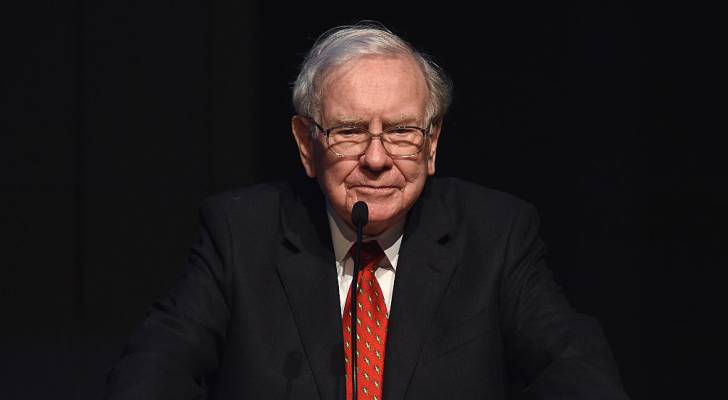Warren Buffett’s Perspective on Cash: A Lesson in Investment Strategy
Warren Buffett, known for his keen insights into investment strategies, has previously described cash as a “terrible long-term asset.” Yet, today, he holds an astonishing $325 billion of it. This shift raises questions about the billionaire investor’s strategy and the evolving economic landscape.
Buffett’s Initial Caution About Cash
In 2008, Buffett expressed skepticism about the merits of holding cash equivalents in an op-ed for The New York Times. He warned investors that opting for cash was a poor choice, as it offers virtually no returns and is destined to lose value due to inflation. At that time, low interest rates meant that cash was not yielding substantial profits, while inflation was gradually diminishing the real value of money.
A Surprising Cash Reserve
Fast forward to the present, and Buffett’s cash reserves have ballooned to an incredible $325.2 billion by the end of Q3 2024. This massive accumulation of cash has sparked speculation regarding Buffett’s intentions. Analysts are pondering whether he believes stocks are overvalued, if an economic downturn is imminent, or if he’s positioning Berkshire Hathaway for a significant acquisition.
Expert Insights on Buffett’s Strategy
Jim Shanahan, an analyst at Edward Jones, remarked that Buffett’s increasing cash reserves prompt inquiries about his outlook on the market. Similarly, Cathy Seifert of CFRA Research interpreted this cash hoarding as a sign of a cautious mentality, potentially signaling concerns about future market dynamics.
During Berkshire Hathaway’s annual shareholders’ meeting, Buffett addressed these anxieties regarding his cash strategy. He maintained that his team prioritizes careful planning. "I don’t think anybody sitting at this table has any idea of how to use it effectively, and therefore we don’t use it,” he stated, highlighting his selective investment approach.
Navigating Economic Complexity
Buffett also noted the growing complexities of the global economy, which may increase the likelihood of unforeseen challenges. He emphasized Berkshire’s commitment to remaining agile and prepared to act when necessary. While he considers his considerable cash reserves a strategic advantage, his prior warnings about the pitfalls of cash hold value. Even with substantial cash, inflation continues to gnaw away at purchasing power, underscoring the importance of actively investing to shield wealth from long-term erosion.
Strategies for Optimizing Cash
In light of these insights, what options are available for individuals looking to make their cash work harder for them? Here are a few effective strategies:
1. Invest in Index Funds
Buffett has long championed the merits of investing in an S&P 500 index fund, suggesting that for most investors, this straightforward path yields beneficial exposure to a diverse range of large American corporations. Given the plethora of user-friendly apps available today, investing in index funds has never been easier, allowing investors to grow their wealth with minimal effort.
2. Real Estate Investments
Real estate remains a time-tested hedge against inflation. As inflation rises, property values typically follow suit, enhancing income potential for landlords. Buffett himself has acknowledged that if offered a significant stake in apartment houses, he would seize the opportunity. Investing in real estate doesn’t require direct ownership; options like Real Estate Investment Trusts (REITs) allow individuals to enter the market without substantial upfront costs or the burdens of property management.
3. Explore Gold as a Hedge
Gold has historically been regarded as a secure asset, particularly during economic uncertainty. Unlike fiat currencies, gold cannot be printed at will, making it a more stable store of value. Currently, gold’s appeal is on the rise, with prices surging in recent years. It presents an avenue for investors looking to safeguard their wealth against inflation.
Conclusion
As Buffett balances his extensive cash reserves with the realities of today’s economy, his insights provide valuable lessons for individual investors. With careful consideration of investment strategies and a willingness to adapt, anyone can take control of their financial future and navigate the complexities of wealth management in an ever-evolving market.


